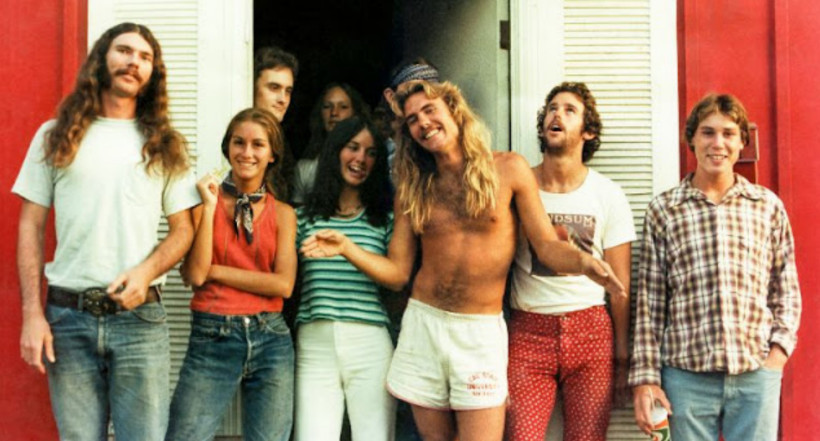In 1832 it became clear that Bristol simply had to be connected to London. A group of businessmen got together and turned to one of Britain’s greatest engineers, Isambard Kingdom Brunel. The go-ahead was given in 1835 and the story of the Great Western Railway began.
By the late 1930s, the Great Western Railway had long been recognized as the epitome of luxury British travel. Specifically designed to take people from London to the Southwest Ports such as Bristol and the emerging holiday destinations of Paignton, Penzance and Plymouth. From the start, it was planned that it would outshine its northern counterparts in both performance and style.
Photograph by Fox Films for the 1939 ‘Holiday Haunts’ brochure. The buffet car provided a new informal way of eating on trains, with passengers able to eat and drink in the buffet before returning to their seats. It had a spacious counter at one end and tables at the other. These images were elaborately posed with the background scenery added for effect, as the photographs were probably taken in the Swindon works yard.
Passengers in the first class Great Western Railway dining car could have a three course meal, including a roast dinner, for around 3/6 (18.5p). They could also order snacks and drinks. First class carriages were more luxurious than third class. The seats were wider and more comfortable, and the carriage was more elaborately decorated.

|
| Drinking in a Great Western Railway buffet bar, September 1938. |

|
| Passengers in a first class Great Western Railway dining car, 1938. |
 |
| Passengers in a first class Great Western Railway dining car. |

|
| Passengers playing cards in a third class carriage, February 1938. |

|
| Dining in a Great Western Railway buffet car, September 1938. |
(Photos: SSPL/Getty Images)



